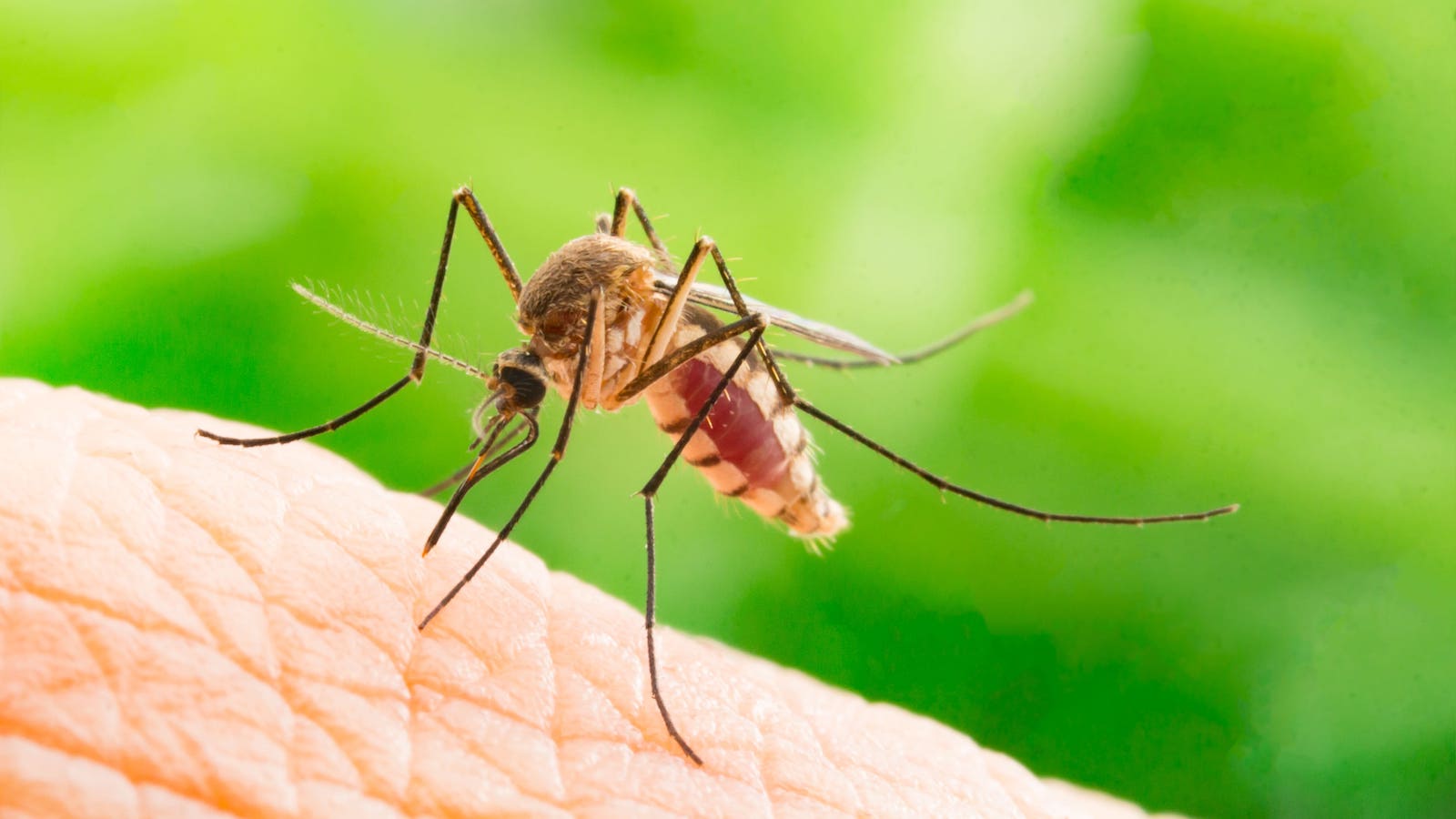Some people may be more prone to mosquito bites after all. In a newly published paper in the journal Cell, researchers discovered that certain compounds on the skin determine our attractiveness to the insect.
What’s more, those compounds remain consistent over our lifetime. Simply put, once a mosquito magnet, always a mosquito magnet.
Perhaps unsurprisingly, public interest helped drive researchers to explore the phenomenon. The study’s co-author Leslie Vosshall, neurobiologist and mosquito expert at the Howard Hughes Medical Institute and Rockefeller University, was determined to shed light on the issue.
She said, “The question of why some people are more attractive to mosquitoes than others — that’s the question that everybody asks you. My mother, my sister, people in the street, my colleagues — everybody wants to know.”
It turns out that distinct combinations of chemical compounds determine each person’s unique scent profile. Certain body odors, it seems, attract mosquitos more than others. In some cases, significantly.
The study found that mosquitoes are drawn most to people who produce higher amounts of carboxylic acids on their skin. Sadly, improving one’s hygiene or altering one’s diet was shown to have little impact on dampening carboxylic levels.
Previous theories have surfaced about why certain people seem to draw more mosquito bites than others. One theory posited that different blood types explained the variance between people; however, evidence supporting the idea was lacking.
Eventually, it was theorized that body odor may play a role, but until this study, evidence was thin.
To conduct the study, researchers analyzed 64 participants wearing nylon stockings on their arms. After six hours, each person’s unique scent permeated the nylons. While researchers could not distinguish the smells between participants’ nylons, the mosquitoes could.
Test after test, scented nylons from two participants were enclosed in containers with mosquitoes. Researchers studied which, if either, the tiny bugs were most drawn to.
After months of testing, the data began to paint a clear picture: Mosquitoes are far more attracted to some people than others. In fact, one particular subject had an attractiveness score “over 100 times greater” than the least attractive subjects.
The researchers then moved to identify what was causing the variance in attractiveness. In analyzing the various scent profiles, they discovered that preferred scents were associated with higher levels of carboxylic acids. Similarly, the least attractive participants produced the lowest levels of carboxylic acids.
Humans are known to excrete higher levels of carboxylic acids compared to most animals, though levels vary substantially among individuals. While it is now understood mosquitos are attracted to the compounds, it is not clear what makes a person produce higher levels of the acids.
While researchers used a specific type of mosquito – A. aegypti mosquitoes – for the study, cell and molecular biologist at the University of California, Omar Akbari, postulated the results are likely applicable to other species, as well. Further, Akbari said the study would help researchers develop more effective repellents in the future.
The researchers also discovered that levels of carboxylic acids remain relatively consistent over time. When tests were repeated months apart, attractiveness ranking persisted.
Vosshall explained, “This property of being a mosquito magnet sticks with you for your whole life — which is either good news or bad news, depending on who you are.”







This is true. And have you noticed that mosquitoes no longer make that warning buzz? The little blood suckers are silent and smaller now. And now that it is getting cooler, they aim to get into your warmer house.